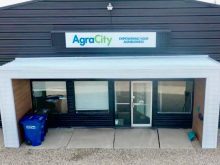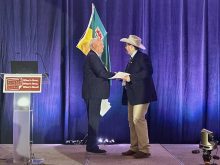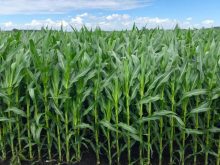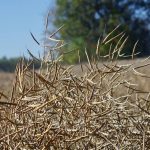1. Charter RTU, a new ready-to-use, water-based formulation of Charter seed treatment from BASF, is registered to control a broad-spectrum of diseases in barley, wheat and oats. For all three crops, Charter RTU controls seed rot caused by fusarium and seedling blight caused by seed-borne fusarium. In barley specifically, it controls true loose smut, false loose smut, and covered smut. In wheat specifically, it controls loose smut and common bunt. In oats specifically, it controls loose smut and covered smut. It all three crops, Charter RTU also suppresses diseases such as fusarium crown and root rot, and common root rot and seedling blight caused by Cochliobolus sativus. Charter RTU can be applied by commercial seed treatment plants or with on-farm gravity-flow or mist-type treatment machines. You can also use it with “on the go” air seeder treatment systems.
Read Also
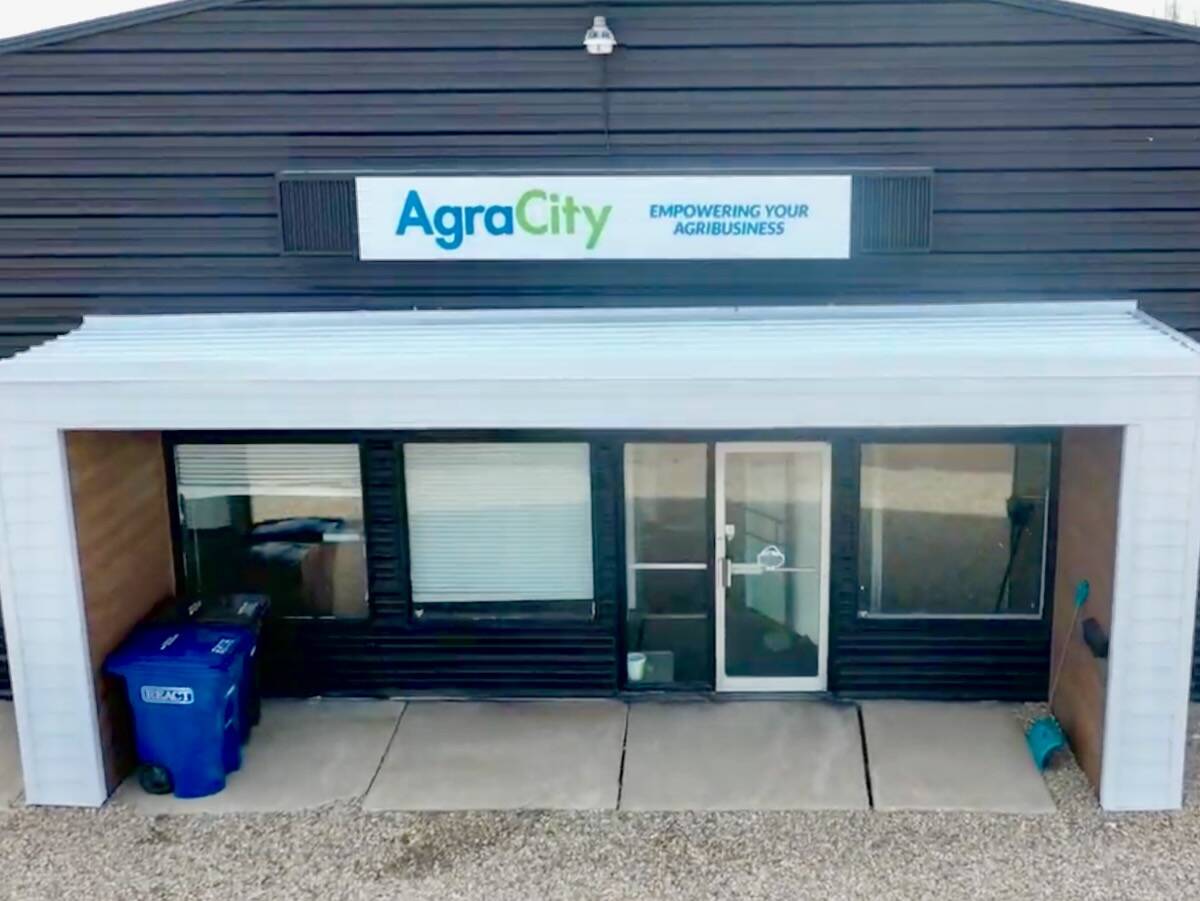
AgraCity’s farmer customers still seek compensation
Prairie farmers owed product by AgraCity are now sharing their experiences with the crop input provider as they await some sort of resolution to the company’s woes.
2. DuPont’s Optimum GAT herbicide tolerance system has received full Canadian regulatory approval for corn and soybeans. The Optimum GAT trait combines glyphosate and ALS herbicide tolerance. As the company says, “This system enables the use of multiple herbicide modes of action to provide growers with longer lasting, broader spectrum weed control under more conditions.” It will be a few years before Canadian farmers actually see corn and soybeans with this trait. Canola will follow.
3. Bayer CropScience has sequenced the entire genome of Brassica napus and its constituent genomes present in Brassica rapa and Brassica oleracea. It had help from the Beijing Genomics Institute-Shenzhen, Keygene N. V. of The Netherlands, and the University of Queensland in Australia. “This will allow us to speed up our current research and breeding programs so that these will bring new technology and better products to growers much sooner. Not only does this mean faster and more efficient development, it also allows us to explore many more innovative ideas which will continue to enhance the value of rapeseed/canola as a crop,” said Bart Lambert, head of research for oilseeds at Bayer CropScience, Gent, Belgium.


